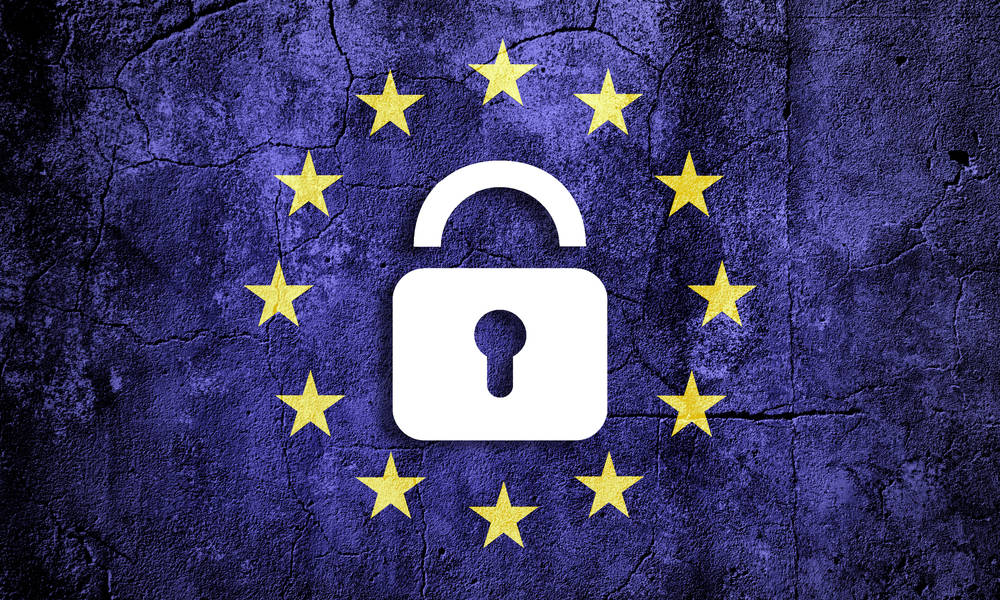
Associations React, Advocate as GDPR Takes Effect
As Europe’s General Data Protection Regulation took effect on Friday, associations found themselves advising members, advocating—and, in one case, assessing the big changes it’s created for their industry.
Sick of hearing about the General Data Protection Regulation yet?
Well, now that GDPR has taken effect, it’s only getting started. And it’s raising questions for organizations large and small—leading some to clarify and others to advocate, maybe not to the European Union, but to corporate gatekeepers like Google.
Read on for a few groups that are speaking up and taking action amid GDPR.
Helping clarify the lay of the land
One way that associations and other groups are getting involved is by offering their members advice on GDPR means—which is particularly effective in slightly more obscure areas.
For example, the Association of Research Libraries released an issue brief that tries to make clear the way that the regulation affects even something as specific as research libraries.
“Because of their various ties to Europe and EU citizens, such as exchange programs, study abroad opportunities, visiting scholars, and satellite campuses in other countries, universities and research libraries are among the organizations that now must come to terms with the GDPR’s requirements,” author Anne T. Gilliland wrote in the brief.
Making an advocacy push against Google
In recent days, a number of major media groups have made a push against the way that Google is handling the changes related to GDPR.
Organizations—including the European Publishers Council, Digital Content Next, News Media Alliance, and News Media Association—raised concerns in recent months that the search giant was becoming too aggressive about its handling of ad-serving data on behalf of the news industry, requiring partners to agree to terms the groups say are unfavorable.
The concerns they raised have since escalated—at one point leading to a meeting with the company that the trade groups refused to attend—and on Friday, the four groups released a joint statement in which they called out the company for putting the publishing industry in a poor situation.
“This is only day one, but the biggest problem is Google’s inflexibility around the legal contract they expect publishers to sign,” the groups, which represent more than 4,000 members, stated. “Despite the facade of cooperation, Google is effectively saying to publishers that they have to trust what they do with their readers’ data, whilst not telling them what they actually do with that data.”
The situation comes at a time when some media outlets have drawn attention for choosing to block EU readers from visiting their sites.
Seeing “a new industry”
Meanwhile, the International Association of Privacy Professionals sees GDPR’s enactment as a turning point for the digital privacy sector.
In a blog post on Friday, IAPP President and CEO J. Trevor Hughes noted that the group saw its membership increase by more than 5,000 in a few short months that the lead up to GDPR significantly changed the shape of the privacy world. Per Hughes:
May 25 has arrived and the privacy world has been changed forever. We have thousands of new privacy pros, with more joining every day. We have broad engagement with privacy across organizations and massive investments in privacy-related updates to IT systems. We have a new industry—privacy tech solutions—that has been built to provide better tools to manage GDPR compliance. And the public finally understands our work and the importance of privacy in our digital economy.
(And on a personal note, Hughes found it a lot easier to explain what his job was to people he knew.)






Comments